What Atheists Believe Happens When Life Ends
Atheists do not believe in God, gods, or any form of a religious afterlife. Instead, atheists often believe that this life is the only one you get. They deny what religious scripture, such as the Christian Bible or the Islamic Qur’an, says.
However, as life does come to an end, many atheists have various views on what happens when they die. Because everybody is different, the idea of what occurs when life comes to an end can vary from one atheist to another.
Eternal Oblivion or Nothingness
Many atheists believe that death results in eternal oblivion, also called nothingness. This eternal oblivion ends consciousness. This also means memories and one’s identity also cease to exist.
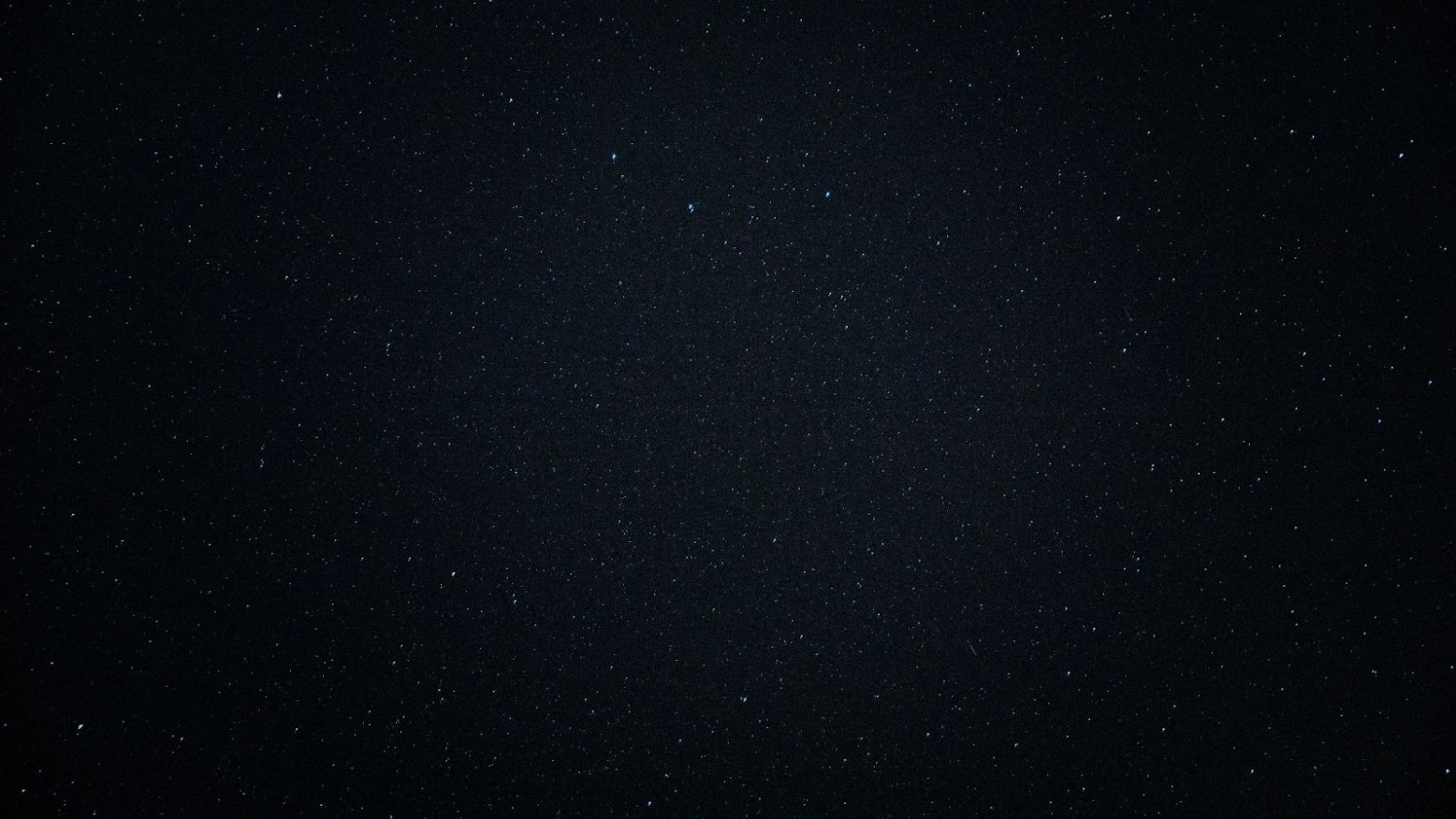
Source: Paul Volkmer/Unsplash
As a result of this end of physical life and consciousness, there is no afterlife. Atheists believe that there is no awareness of nothingness or eternal oblivion — one just ceases to exist.
A Return to Nothingness
Specifically, this idea of nothingness also means a return to nothingness. People will once again return to the same experience that they had before they were born.
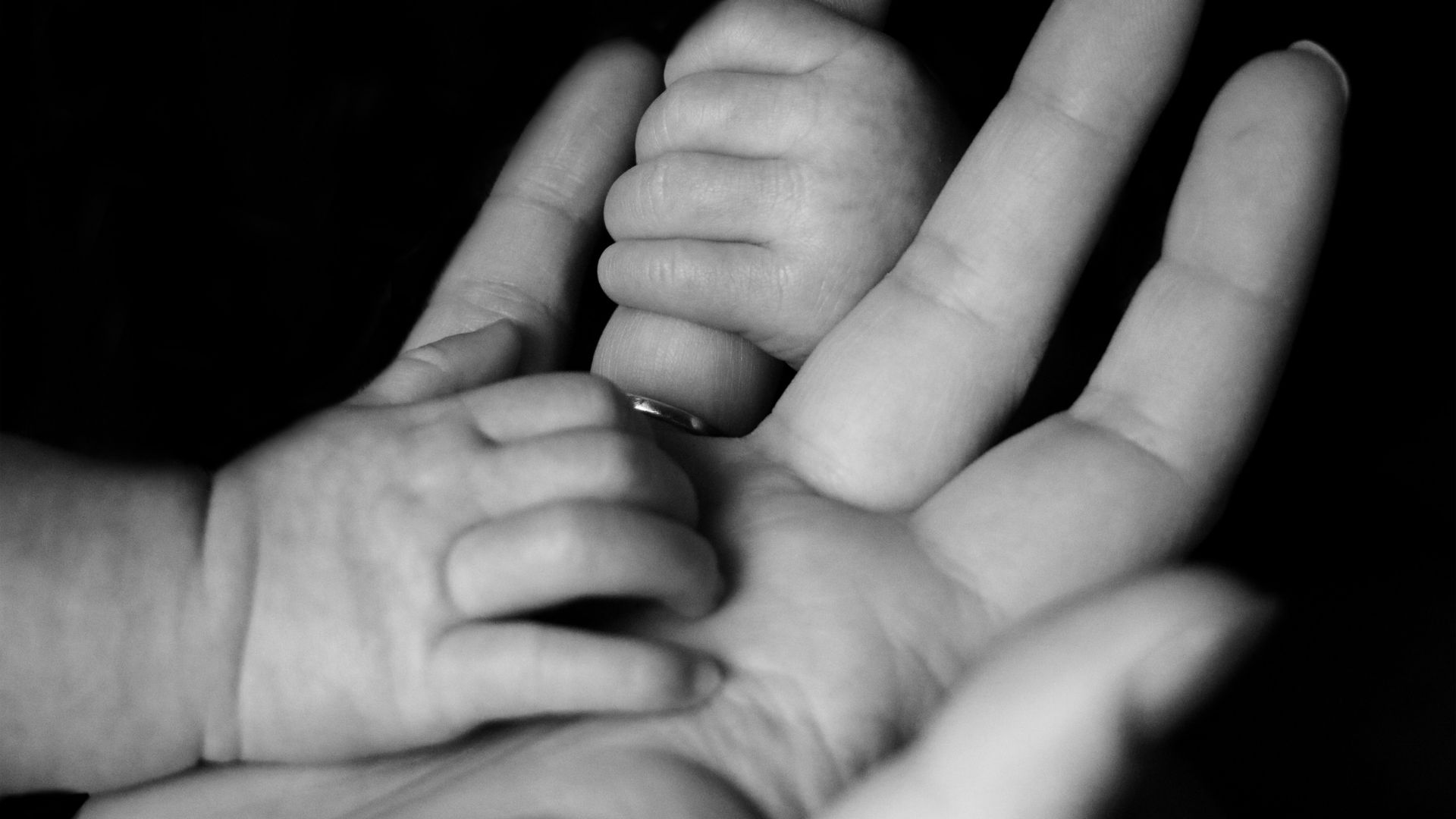
Source: Liv Bruce/Unsplash
Because of this return, many atheists do not fear death, as they see it as a life cycle. They were once nothing; they will return to being nothing. In this fact, they find comfort in this end of consciousness.
An End of Consciousness and Pain
As many atheists believe that their death will result in eternal oblivion or nothingness, some feel death is a calm and peaceful experience. This is because eternal oblivion will result in the complete end of one’s consciousness — and one’s pain.
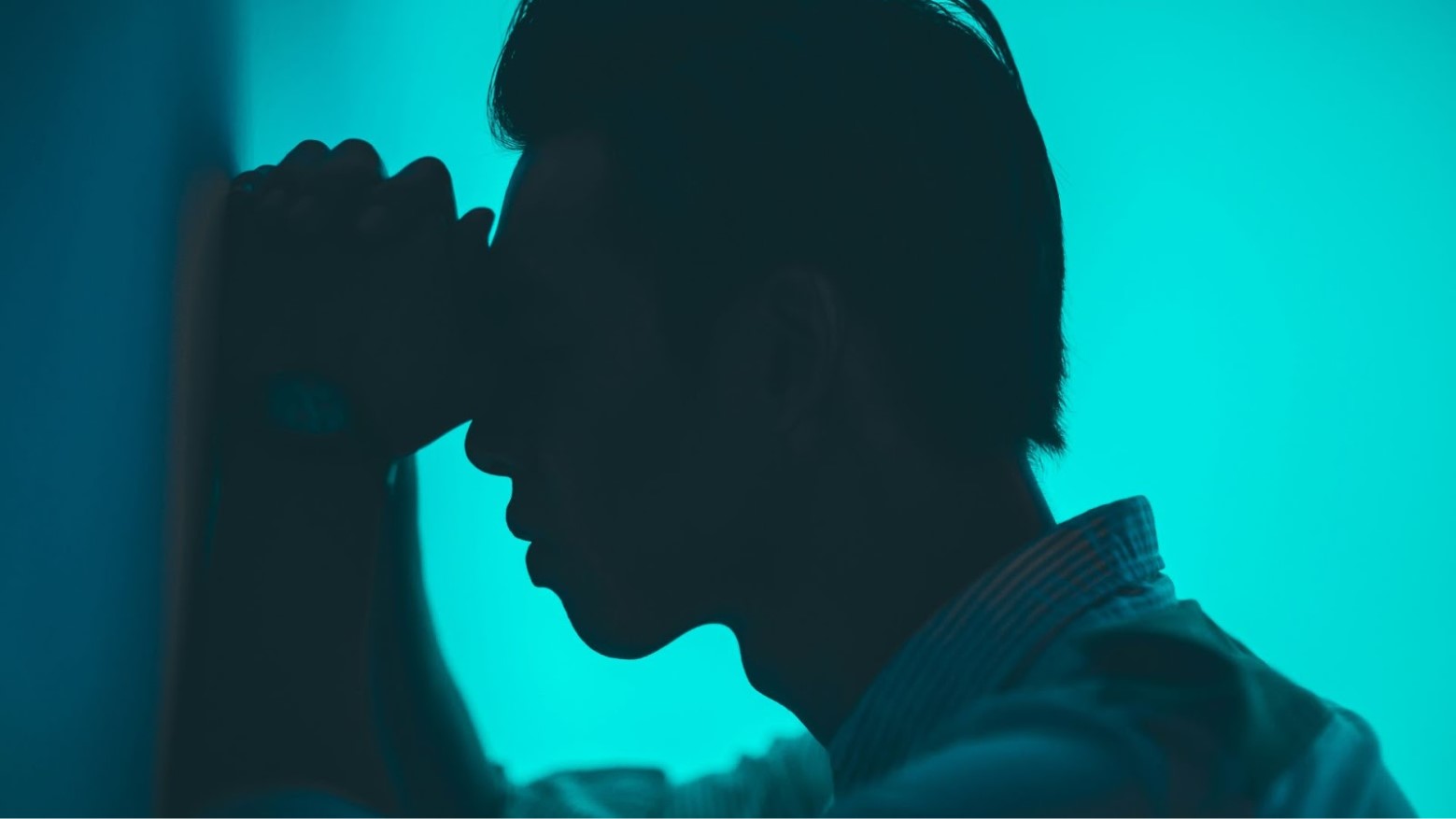
Source: Road Trip with Raj/Unsplash
Through death and eventual nothingness, they believe they will no longer experience pain. Though they do not necessarily desire death, it nonetheless frees them from human suffering.
The End of Worries
Regardless of what each atheist believes happens at the end of their life, there is one thing they all believe: death will be the end of all their worries. Day-to-day human life is full of anxiety and concerns, even for the happiest of individuals.

Source: Nik Shuliahin 💛💙/Unsplash
It can be hard to find pure joy in the modern world, especially with 24/7 news and instant access to disasters occurring around the world. Therefore, many atheists find comfort in knowing that death will cease all of these worries.
A Transformation Into Energy
Scientists say that energy cannot be created — or destroyed. Therefore, when one dies, a body’s energy must go somewhere else. Scientists say this energy is redistributed into other forms upon one’s death.
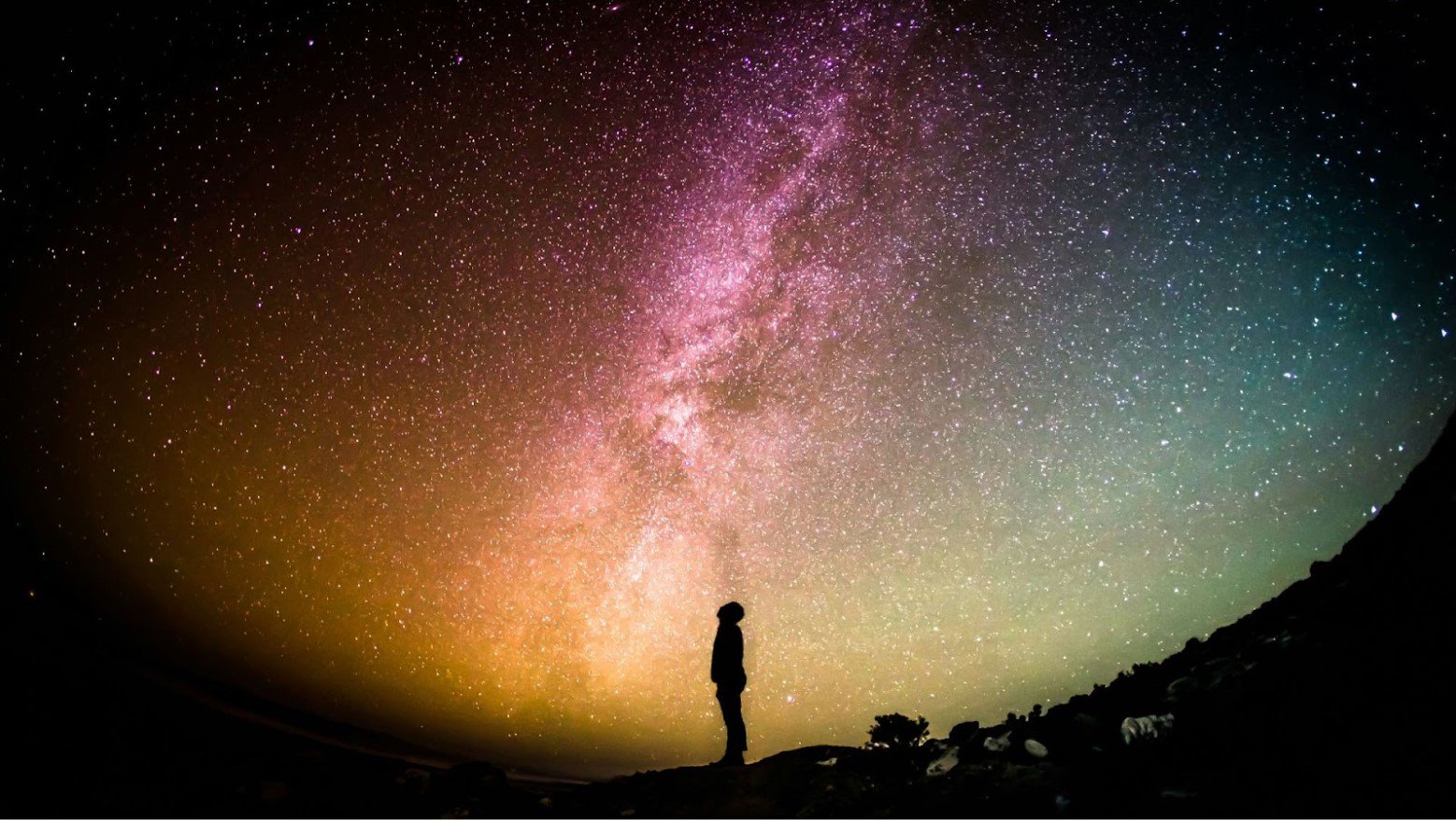
Source: Greg Rakozy/Unsplash
Some atheists believe their death brings about this transformation. Though they don’t believe in any afterlife, they believe their death simply transforms their energy into something else in the universe.
A Change of Matter
For atheists who believe that their death begins a new transformation from matter into energy, some believe that there may be some level of consciousness to this change.
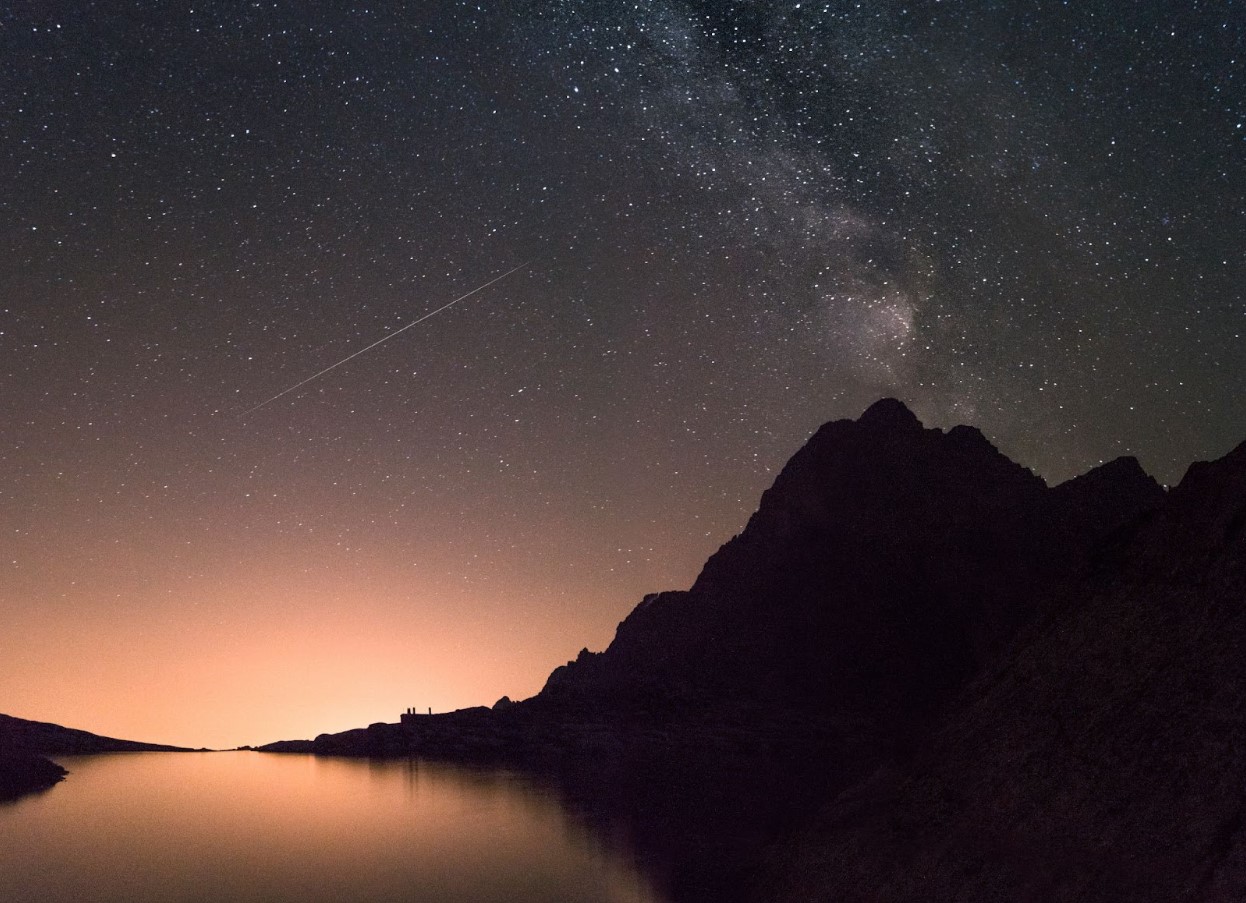
Source: Štefan Štefančík/Unsplash
As a result, some atheists say that, upon death, they will become a part of the cosmic cycle through this transformation of energy. Their body will cease to hold their consciousness. Their consciousness will then become a part of the cosmic universe.
A Change of Consciousness and Matter
However, not all atheists think that their consciousness will remain. Some believe that our body’s energy is transformed from matter into some other energy wavelength — but that our consciousness ceases to exist.
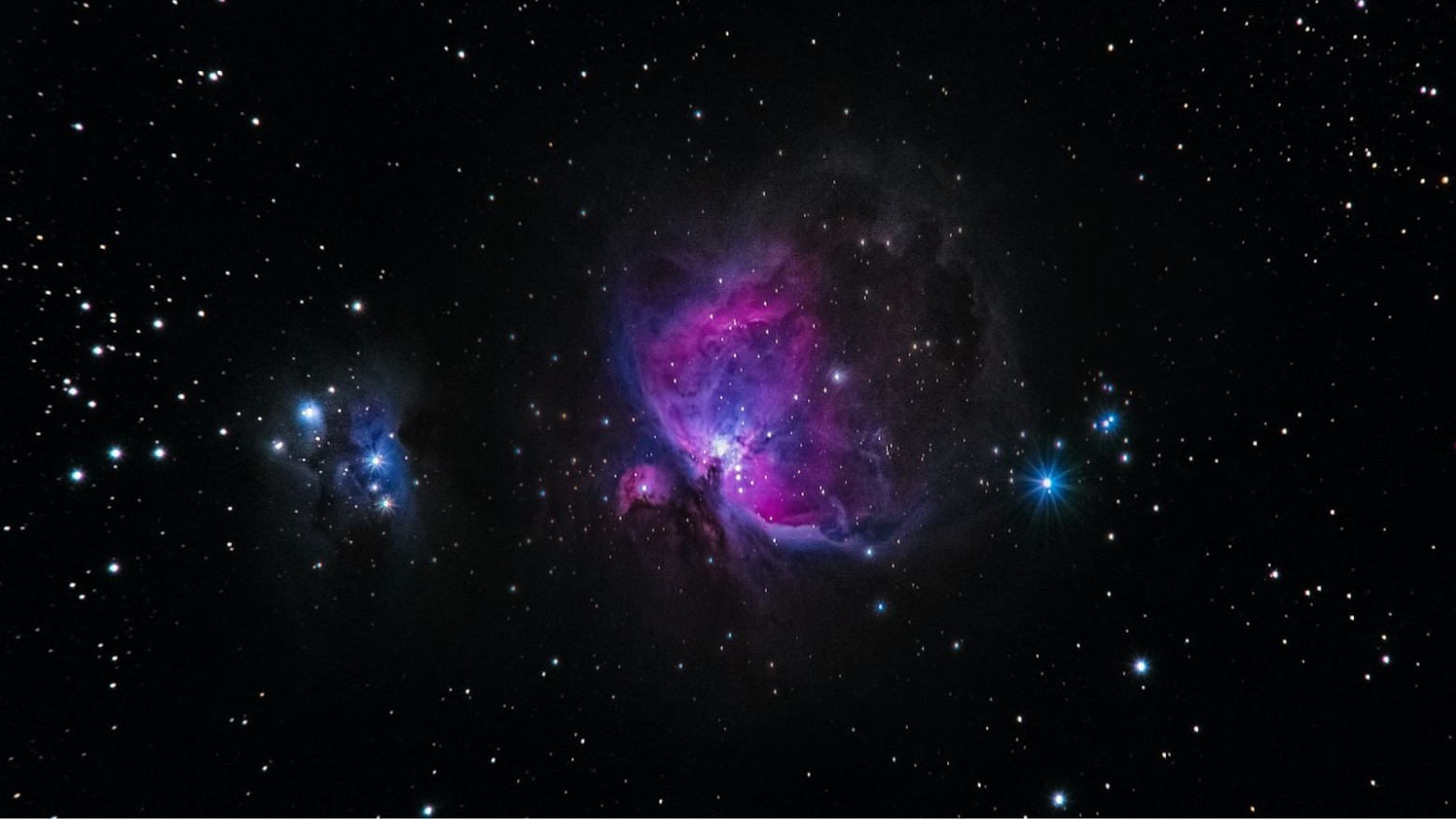
Source: Alexander Andrews/Unsplash
Therefore, an atheist believes their body will transform into energy and rejoin the universe. However, their consciousness will not continue to exist, and instead will be nothingness.
The Creation of New Stars
Those who believe that their energy will transform into something else entirely upon death sometimes think that their energy could create something new. Though their consciousness will cease to exist, their life energy could become something else.

Source: Joshua Earle/Unsplash
For example, some believe that their energy could create new stars, planets, or even galaxies. In this way, one’s life energy returns to the cosmic cycle.
Rejoining the Universe
Some people believe that their energy will rejoin the universe in some way once they die, similarly to others who believe in one’s transformation of energy. However, these atheists specifically believe that their energy will become small atoms once again.
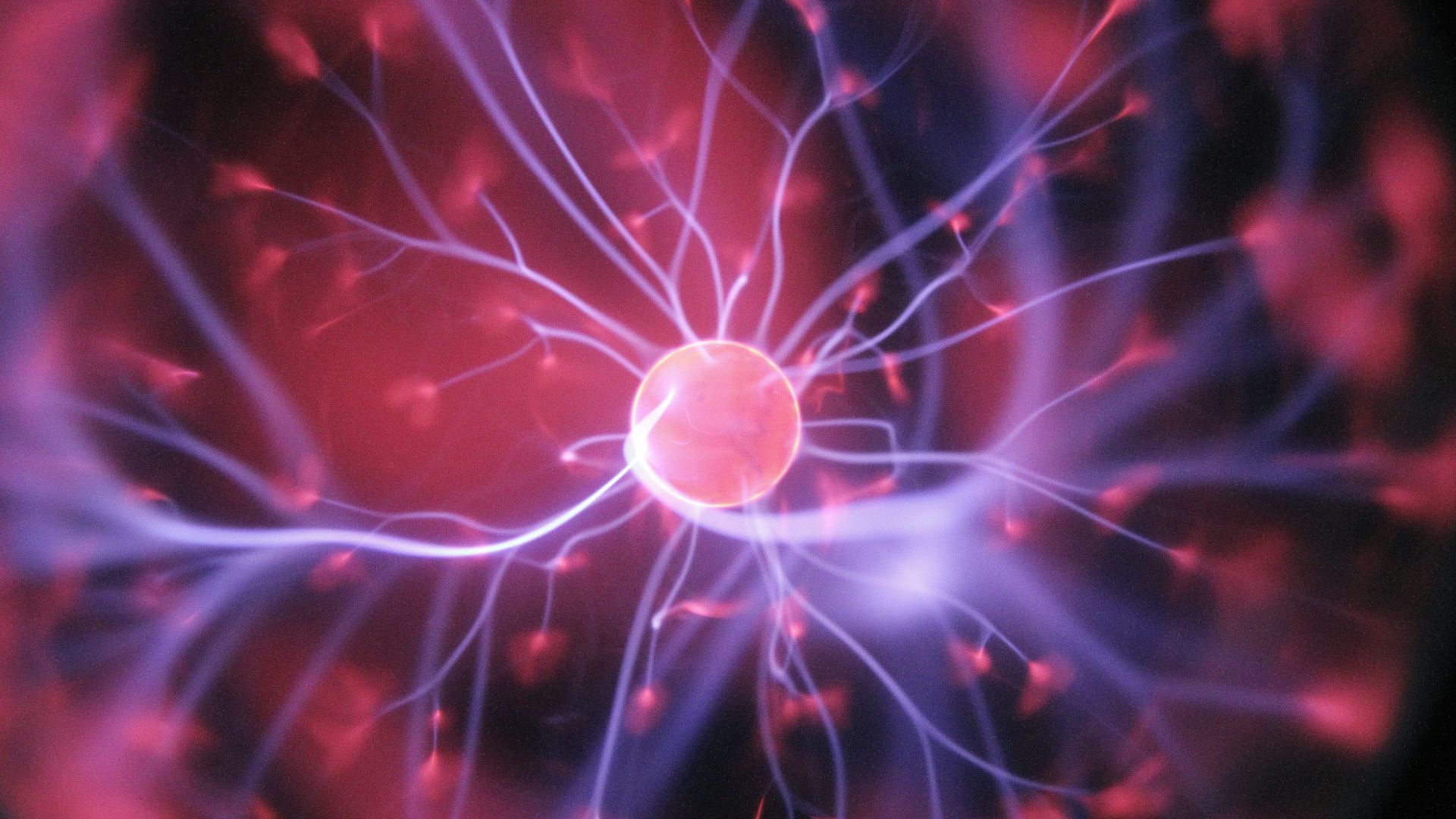
Source: Hal Gatewood/Unsplash
These atoms will rejoin the universe as building blocks. Therefore, they don’t necessarily believe that their physical energy will stay together in death, as others do.
A Return to Nature
While some atheists focus on a return to the cosmic universe, others focus on death meaning their body will return to nature on Earth. According to these particular atheists, their bodies decompose when they are buried in the ground.

Source: v2osk/Unsplash
This decomposition returns them to nature and helps replenish the soil. In turn, this can also help bring about new life in nature. However, consciousness still ceases to exist upon death.
The End of Life
There are some who don’t really think much about the afterlife, or what will happen when they die. They simply accept death as a fact of life. That’s it.
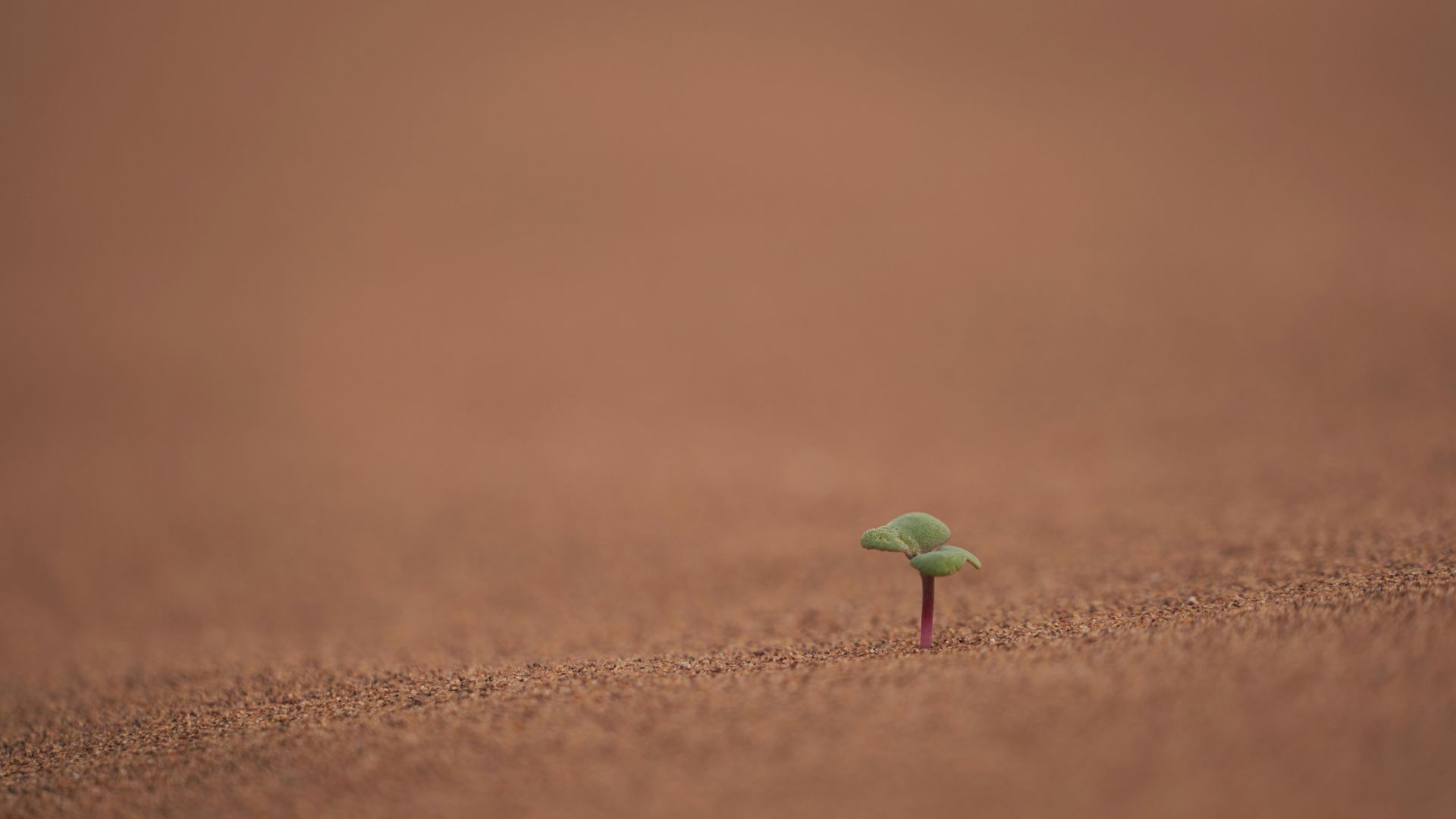
Source: Wolfgang Hasselmann/Unsplash
In this way, they find solace in a defined end. They cannot change this. They cannot escape death. So, some atheists don’t think about death or the afterlife at all, instead choosing to live their lives as best they can before it all eventually comes to an end.
A Natural End
Death is inevitable. Therefore, atheists view dying not as a religious experience of something new, but more as a natural end of a life. The cycle of life always includes both birth and death.
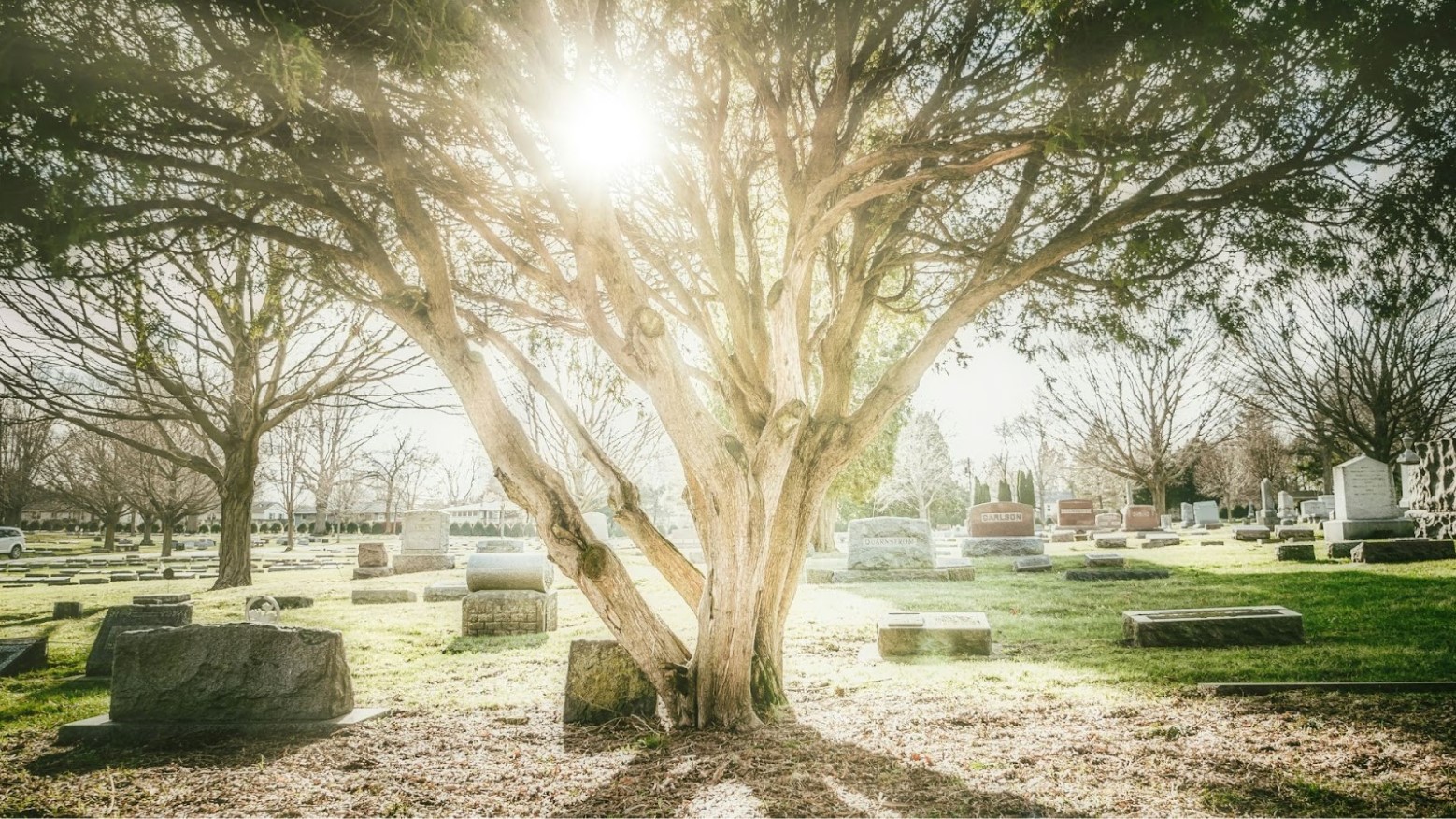
Source: Kevin Andre/Unsplash
Therefore, many atheists accept this natural cycle and don’t worry about death and what it could mean. Instead, they focus on living their life.
A Chance to Donate
Those who do think about what will happen when they die often realize that they can leave behind some positivity in their death. This can lead some atheists to decide to donate their organs when they die.

Source: Kylo/Unsplash
By donating their organs, these people are able to help others now that they’re no longer around. They don’t need these organs — and these organs could end up saving countless lives.
Staying Alive in Memories
As many atheists believe death brings about eternal oblivion, they know that they won’t consciously have any sort of an afterlife. However, they do encourage the idea of staying alive through people’s memories.
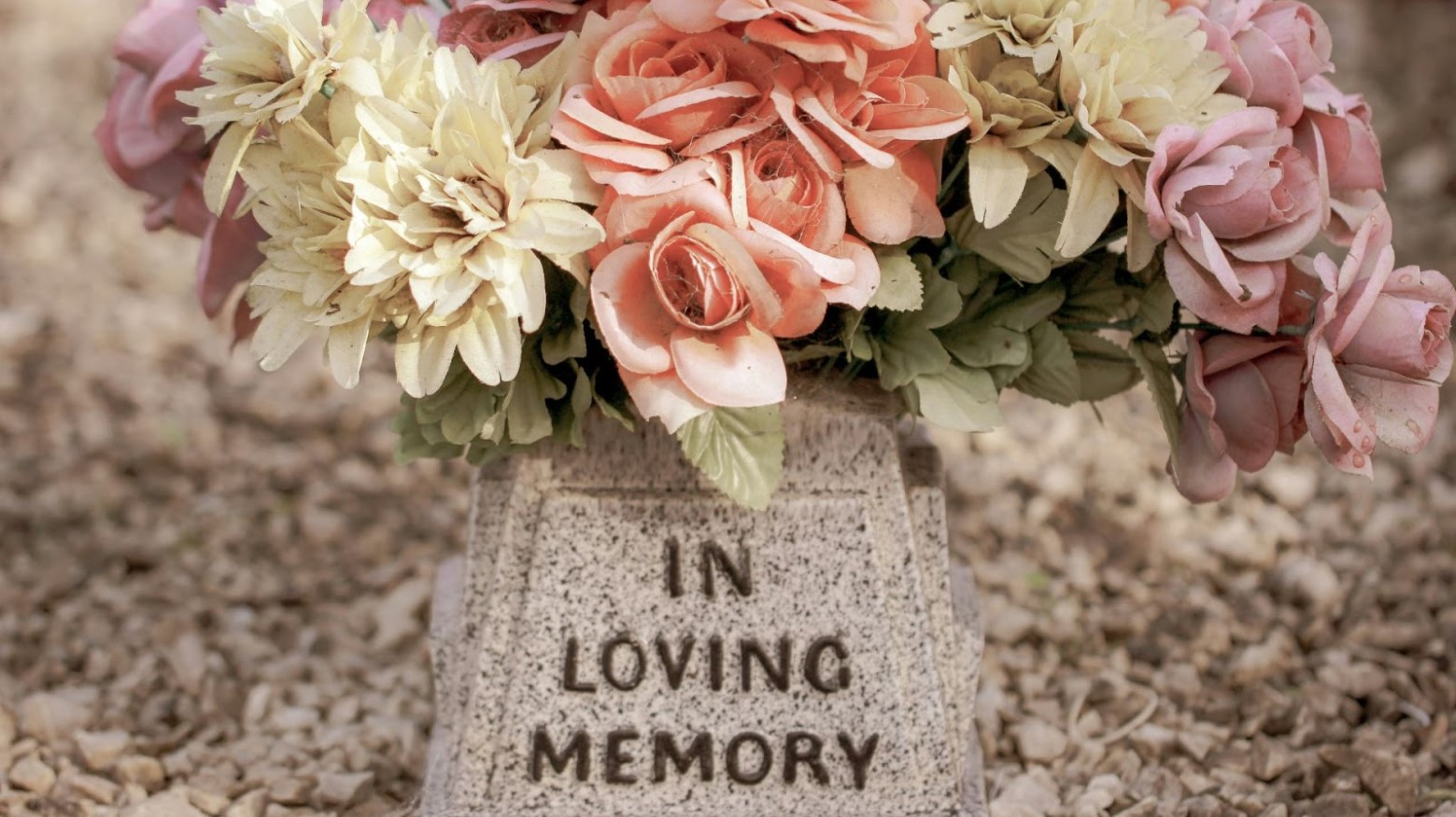
Source: Sandy Millar/Unsplash
Those they’ve left behind will remember them through stories and memories. In this way, even though they die, these atheists believe that they can stay alive through one’s memories in a symbolic way.
Creating Long-Lasting Relationships
For atheists who don’t believe in life after death, much of their everyday life can become more meaningful to them. Many find joy in knowing their loved ones will remember them in memory once they’re gone.

Source: Woody Kelly/Unsplash
This often leads to many atheists choosing to create long-lasting, beneficial relationships with other people in life. Thus, towards death, they’ll find reassurance that they’ve lived a full life alongside many friends and loved ones. In these peoples’ memories, they’ll remain.
Staying Alive Through Offspring
Other atheists focus less on what actually happens when they die and more on how they will live on once they’re dead. To them, they will soon face eternal nothingness — so, they want to make their lives on Earth really count.

Source: Kelli McClintock/Unsplash
Therefore, they cherish that they will stay alive, in some way, through their offspring and legacy. Even though they won’t exist, a part of them will through their genes.
A Lasting Impact
Some atheists find absolute joy in the knowledge that their memory will live on through the lasting impact they made when they were alive.

Source: Razvan Chisu/Unsplash
This impact can come about from a variety of sources, such as through one’s career, professional achievements, or overall public work. Even if one doesn’t have children, they can find joy in their legacy being passed on in other ways.
Living On Through Creativity
Others may choose a more creative way to be remembered in death. Artists who are atheists may find joy in knowing that their art will exist in the world long after they have passed away.

Source: Tetiana SHYSHKINA/Unsplash
In this one, an artist’s legacy is also able to live on. For those who don’t believe in any sort of afterlife, this comfort is really all they need.
Cherishing a Life That Ends
To many who don’t believe in God, this one life is all they have. Their life is a natural cycle of birth and death. So, they choose to worry less about death and the afterlife — and more about the life they have.
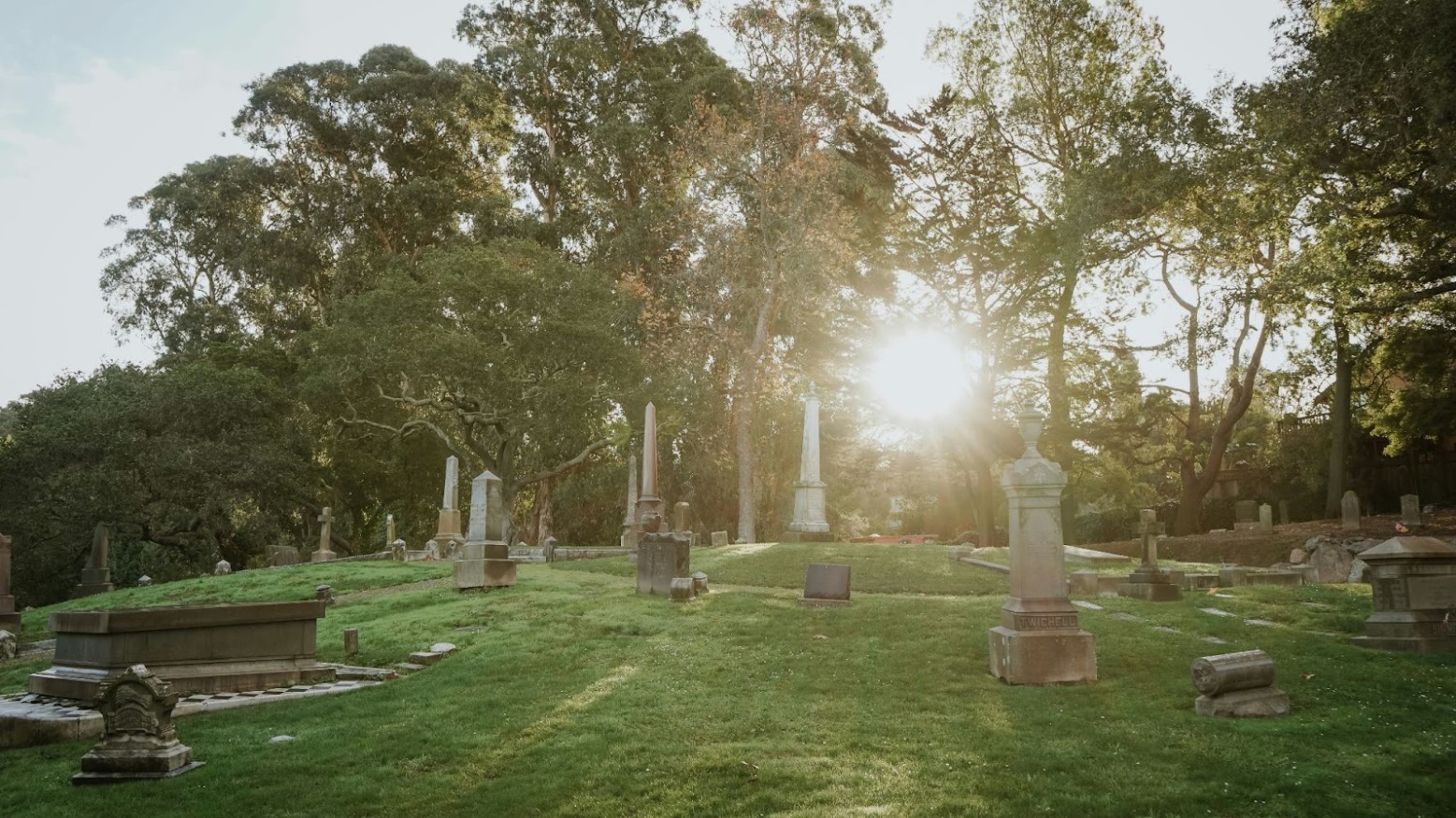
Source: Madeleine Maguire/Unsplash
This also means they cherish the idea that life naturally ends. Though they don’t want death, they do recognize it as inevitable. So, they choose to value their lives and make the most of their time on Earth.
Something Other Than a Tragedy
Many atheists may disagree on what, exactly, happens when their life comes to an end. However, many of them do try to not fear death. They don’t view dying as a tragedy.

Source: Zac Durant/Unsplash
Instead, they view it as something that must happen. They view it as a life coming to an end. Yes, this may be sad. But as it is a part of the life cycle, they refuse to view it in tragic ways.
Embracing the Unknown
Finally, there are many atheists — and agnostics — who don’t know what death holds for them at all. However, they refuse to let this unknown factor frighten them. Instead, they embrace the unknown.
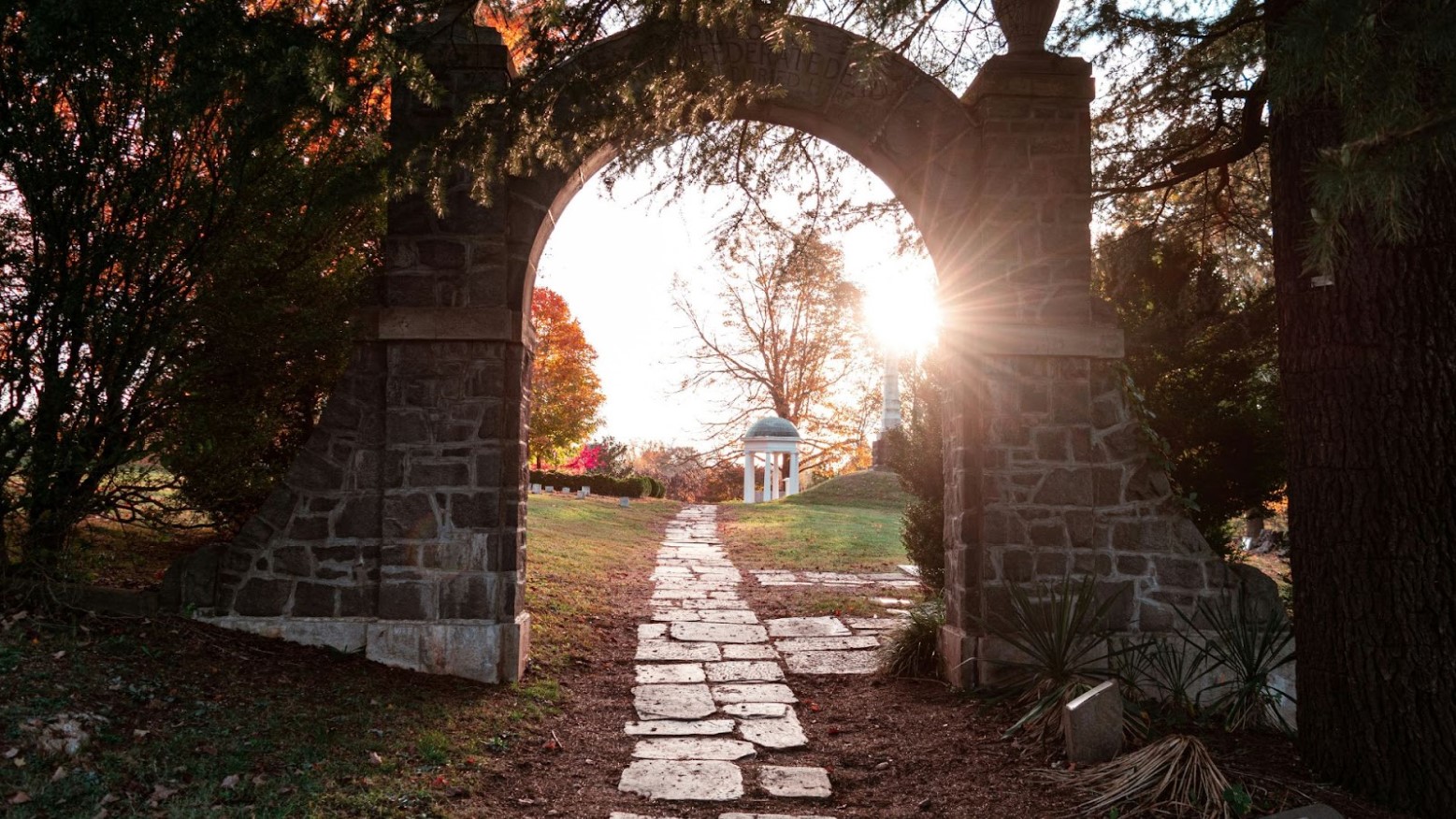
Source: Ayanna Johnson/Unsplash
As nobody truly knows what happens when one dies, atheists believe that they won’t know until they die — and they’re okay with this mystery continuing. They often state they live their lives as best they can and refuse to worry about death and the unknown.
The Mystery of Consciousness
Many atheists also understand that the full mystery of consciousness — and how it is connected to one’s physical body — may never be uncovered. At least, it won’t be in their lifetime.

Source: Katerina May/Unsplash
Even with this mystery ever present in one’s world, atheists choose to accept that they’ll never know the truth about their own consciousness. However, they won’t let it bring them down — or let them fear death.
The Importance of Living
Clearly, those who don’t believe in any religious scripture can differ on what, exactly, happens when they die. However, many atheists do have one thing in common. They all want to cherish the life they have. They know how important it is to be living.

Source: Surface/Unsplash
Because many don’t believe that there is any type of afterlife — at least, any conscious one — they often choose to live their lives to the fullest. To them, life is much more important than death.
